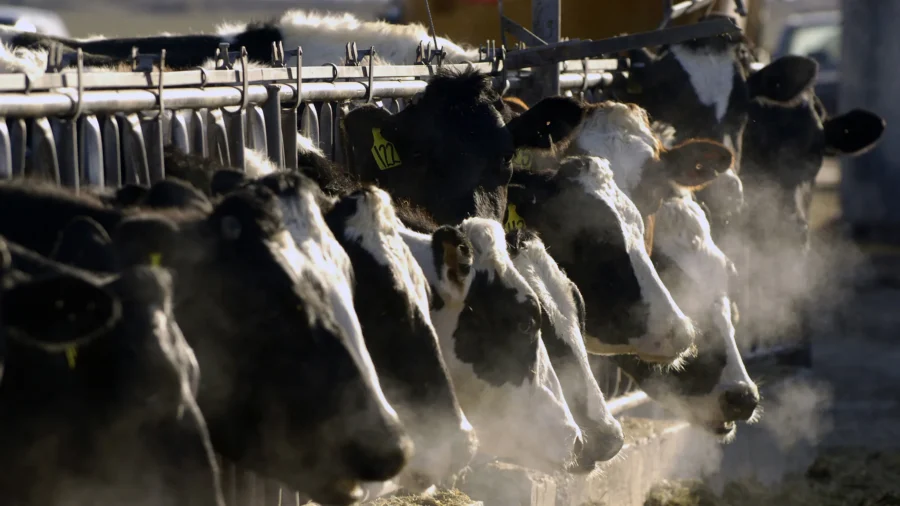The Centers for Disease Control and Prevention (CDC) said in a report that it has found H5N1 bird flu infections among dairy farm workers in Michigan and Colorado.
The CDC reported that it took blood samples from 115 dairy workers in the two states, revealing that eight individuals were found to have antibodies suggestive of a recent bird flu infection.
Health officials conducted testing between June and August 2024, interviewing workers and collecting blood samples from those who had worked on farms with infected herds.
Of the eight confirmed infections, only half of the workers said they felt sick around the time the cows were ill, the CDC said. This suggests that some infections may be asymptomatic or result in only mild symptoms, which could result in many infections going undetected.
New Strategies Needed
The CDC said the report’s findings indicate a need for new strategies to prevent infections among cattle herds and reduce exposure to workers. Human infections carry the risk that the virus will adapt and result in a potential pandemic, it said.
“This finding supports the need to identify and implement strategies to prevent transmission among dairy cattle to reduce worker exposures and for education and outreach to dairy workers concerning prevention, symptoms, and where to seek medical care if the workers develop symptoms,” said the report released on Nov. 7.
“Timely identification of infected herds can support rapid initiation of monitoring, testing, and treatment for human illness, including mild illness, among exposed dairy workers.”
Working Conditions
The study found that all workers who had the antibodies also had reported cleaning milking parlors, and most had also milked cows.
“Cleaning the milking parlor was the only task significantly associated with a positive test result,” the report said.
Researchers also discovered that none of the infected workers had reported using respiratory protection, only three used the recommended eye protection, and personal protective equipment (PPE) use was low among all workers.
The findings suggest that workers who go without suggested PPE are more at risk of transmission, the report said. However, it noted challenges in recommending PPE in dairy farm settings, especially in hot and humid environments.
The report said language barriers may also play a role as all infected persons were Spanish speakers, highlighting the need for “culturally appropriate” outreach in workers’ spoken languages.
According to the study, the research was limited to volunteers, so the study might not be representative of all farmworkers or entirely accurate due to limitations in antibody detection.
The testing in Michigan and Colorado follows earlier infection reports that the CDC described as “sporadic” among dairy farm workers in the United States since April.

